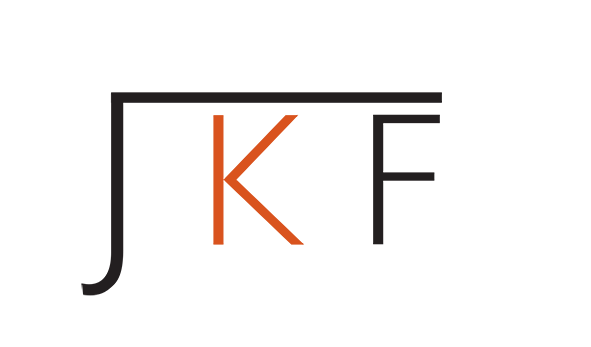Ethics and malpractice statement
Authors’ responsibilities
The authors are obliged to participate in peer review process, respond to reviewers’ comments and make suggested modifications based on these comments. In disputable cases they can appeal to the editor of the journal with particular objections or retract the paper respectively. By submitting their paper to Auriga - ZJKF authors notify that all findings in their article are authentic and real, that the paper is their own text and that they do not commit plagiarism, and finally, that the main topic of the paper is not to be submitted to other journals. The authors have to follow the instructions for authors, particularly observe the citation rules laid down.
Editorial responsibilities
The editors are responsible for the content of the journal and quality of the articles published. They maintain objectivity with all articles submitted and are obliged to avoid conflict of interest with respect to all articles accepted and/or rejected, respecting the main criteria of article selection, that are professional level and relevance of the article and conformity of the topic with professional focus of the journal. The editors are obliged to preserve anonymity of both reviewers and authors within the peer review process. In cooperation with editorial board, the editors address possible appeals of the authors against reviewers’ comments and other complaints. The editors have complete responsibility and authority to reject and/or accept an article.
Reviewers’ responsibilities
The reviewers have to be objective in their assessment and must not misuse information stated in the article under review for personal or other gain. The reviewers are asked to point out all revealed deficiency, including missing relevant literature to the topic. The reviewers can reject to assess a paper for reasons of competing professional interests, such as:
professional, financial or personal benefit from accepting or rejecting the paper under review;
cooperation on given project in the past five years, even if in an anonymous peer reviewing process the authors’ identity is obvious;
fundamental difference in opinions on the main topic of the paper under review;
close professional or personal relationship to the author or some member of the collective of authors, when even in an anonymous peer reviewing process the authors’ identity is obvious. Unless the reviewer rejects to make an assessment for the above reasons, editorial office takes it for granted that there is no conflict of interests.
Responsibilities of editorial board
Editorial board constantly makes efforts to improve the professional and formal quality of the journal, supports the freedom of speech and plurality of opinions in the field of study. Editorial board issues instructions concerning the whole editorial work (instructions for authors, guidelines for peer review process and reviewers etc.) and guarantees observation of the above rules.


